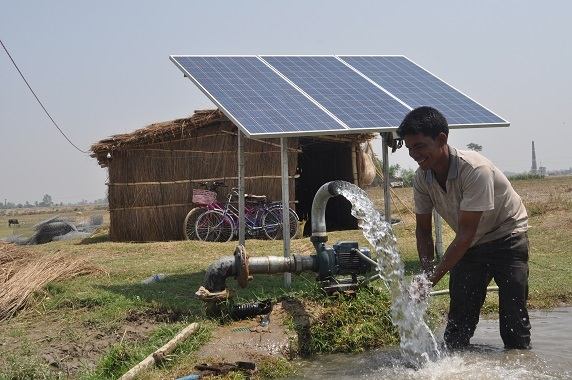Address
304 North Cardinal St.
Dorchester Center, MA 02124
Work Hours
Monday to Friday: 7AM - 7PM
Weekend: 10AM - 5PM

In the global race toward clean energy and sustainable agriculture, India has made significant strides with its bold initiatives. Among these, the PM-KUSUM scheme stands out as a transformative program — one that not only promotes solar energy but also empowers the backbone of India’s economy: its farmers.
Launched with great ambition, PM-KUSUM (Pradhan Mantri Kisan Urja Suraksha evam Utthaan Mahabhiyan) set out to integrate renewable energy into the agricultural sector by enabling farmers to generate solar power for their irrigation needs. It was more than a green energy policy — it was a vision for rural resilience, energy independence, and economic empowerment.
But that vision is now under threat.
The Power Behind the Policy
PM-KUSUM had three main components:
These initiatives were carefully designed to address India’s chronic agricultural power issues. Farmers in many parts of the country either face erratic electricity supply or rely on costly diesel generators for irrigation. PM-KUSUM aimed to reverse this dependence — giving farmers control over their power sources, thereby improving productivity and reducing input costs.
In states like Rajasthan, Maharashtra, and Uttar Pradesh, the program helped thousands of farmers transition to solar irrigation, saving significantly on diesel and benefiting from more predictable water access.
Energy Independence, Financial Freedom
The beauty of PM-KUSUM lies in its dual impact: environmental and economic.
By allowing farmers to own solar pumps, the scheme reduced their dependency on state electricity grids and expensive fuels. In many cases, farmers could also sell surplus solar energy back to the grid, generating passive income — a much-needed buffer in times of crop failure or market fluctuations.
For small and marginal farmers, who often suffer the brunt of erratic monsoons and rising input costs, this wasn’t just a subsidy — it was a game-changing tool for self-reliance.
Environmental Gains Beyond Numbers
PM-KUSUM has also played a critical role in India’s climate goals. The wide-scale shift from diesel to solar irrigation helped cut carbon emissions in the agriculture sector — one of the most polluting globally.
It also aligned with India’s broader National Solar Mission and global commitments under the Paris Agreement. Promoting solar irrigation across millions of farms represents a scalable model for other developing nations grappling with food security and climate action.
Why the Threat of Cancellation Is Concerning
Despite its clear success, the PM-KUSUM scheme is now under review, facing potential funding cuts or discontinuation due to budgetary reallocations and implementation delays.
Critics of the program cite uneven execution, slow adoption, and bureaucratic hurdles in subsidy distribution. While these issues are valid, they point to the need for refinement, not termination.
Removing PM-KUSUM now would send a damaging message:
For the government to halt support for a program with such long-term potential — just as it’s beginning to show results — would be a short-sighted move with deep economic and ecological repercussions.
What Needs to Be Done Instead
The scheme needs structural improvements, not cancellation:
Above all, the narrative around PM-KUSUM must be reshaped — from a government program to a national movement that ties clean energy with rural growth.
Final Thoughts
PM-KUSUM is not just about solar panels and pumps — it represents a vision of empowered agriculture, inclusive sustainability, and resilient rural India.
In a country where over 50% of the population depends on agriculture, a scheme like this isn’t optional. It’s essential. And walking away from it now would be a step backward in India’s path to becoming a clean energy leader.
As India moves toward a $5 trillion economy, the real test will not be urban skyscrapers or stock market highs — but how well it uplifts the people who feed the nation.
PM-KUSUM is one of those rare ideas that does both: serves the environment and serves the people. It must not be allowed to fade into policy history.